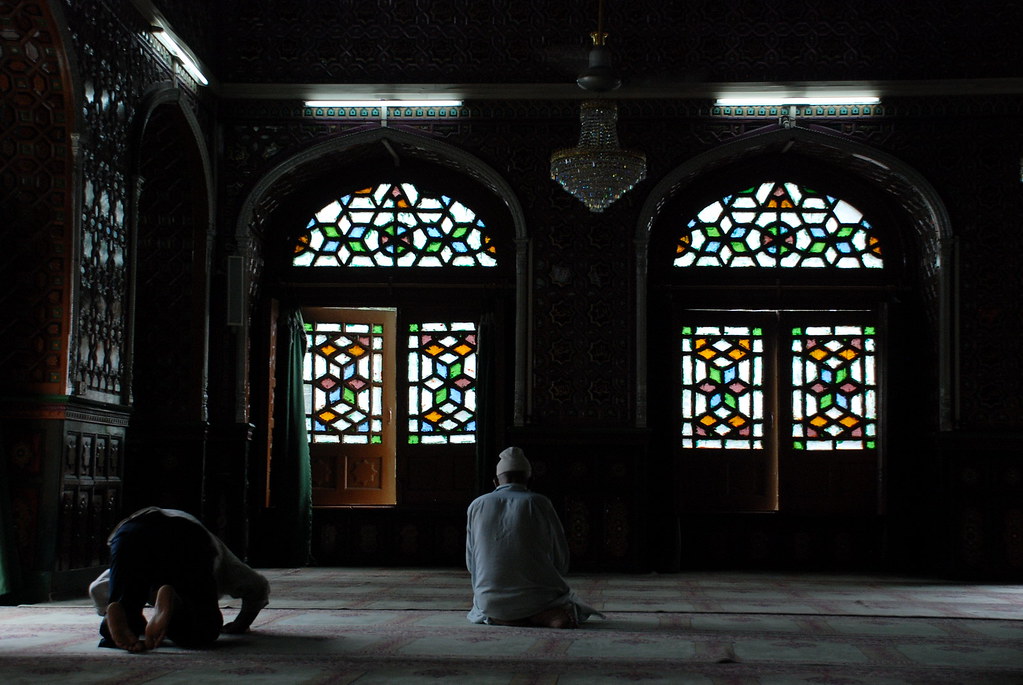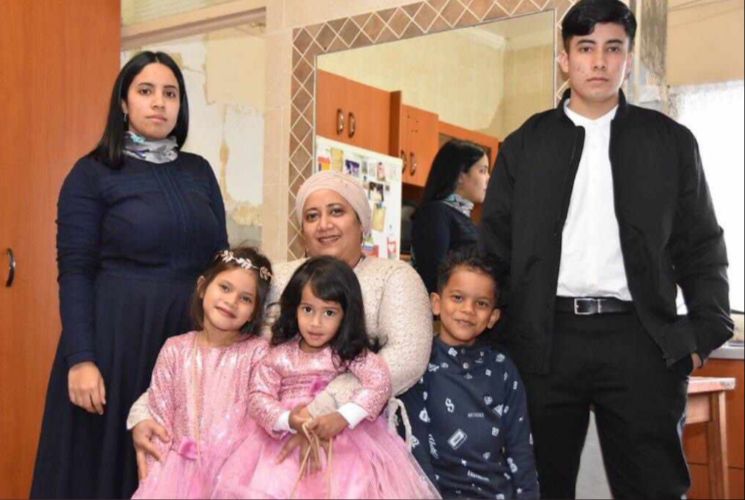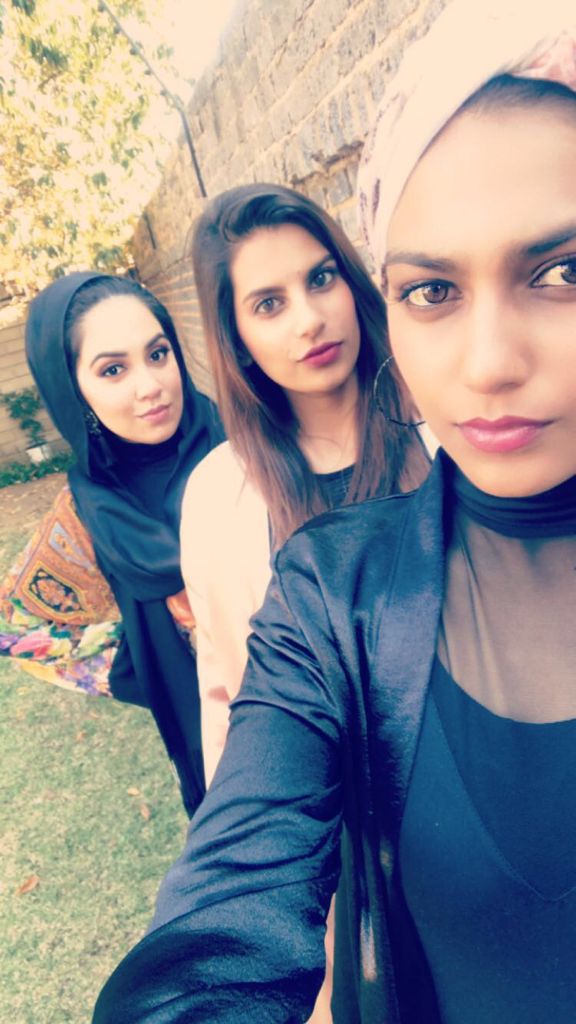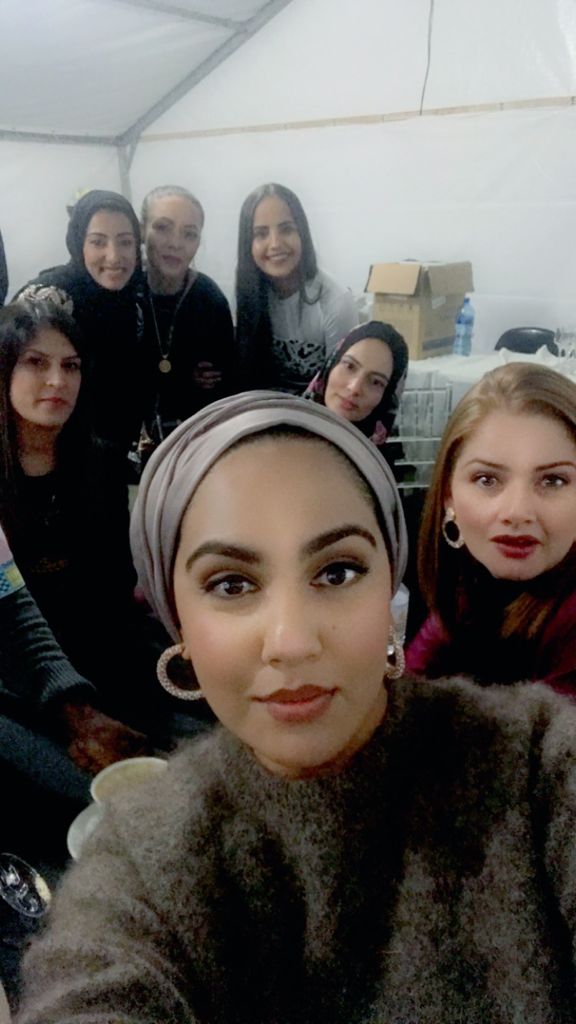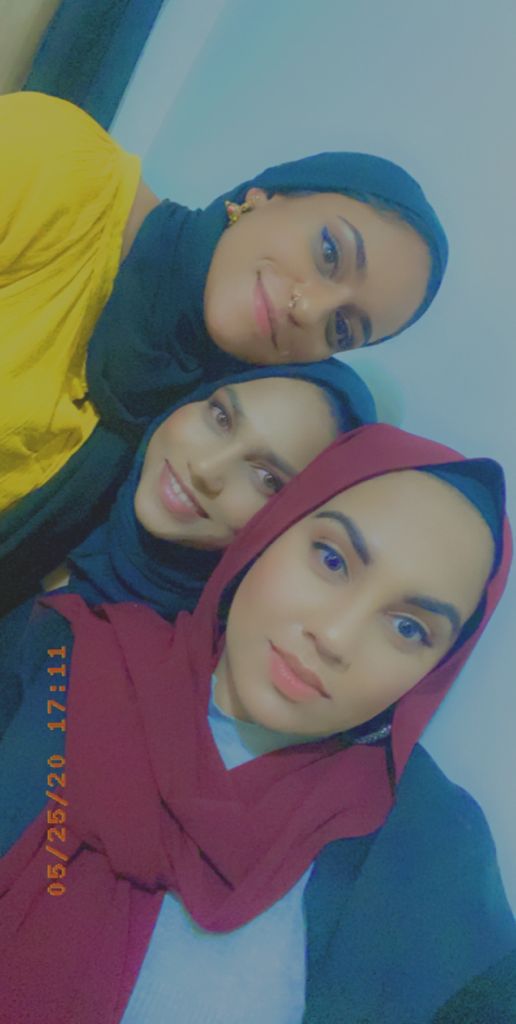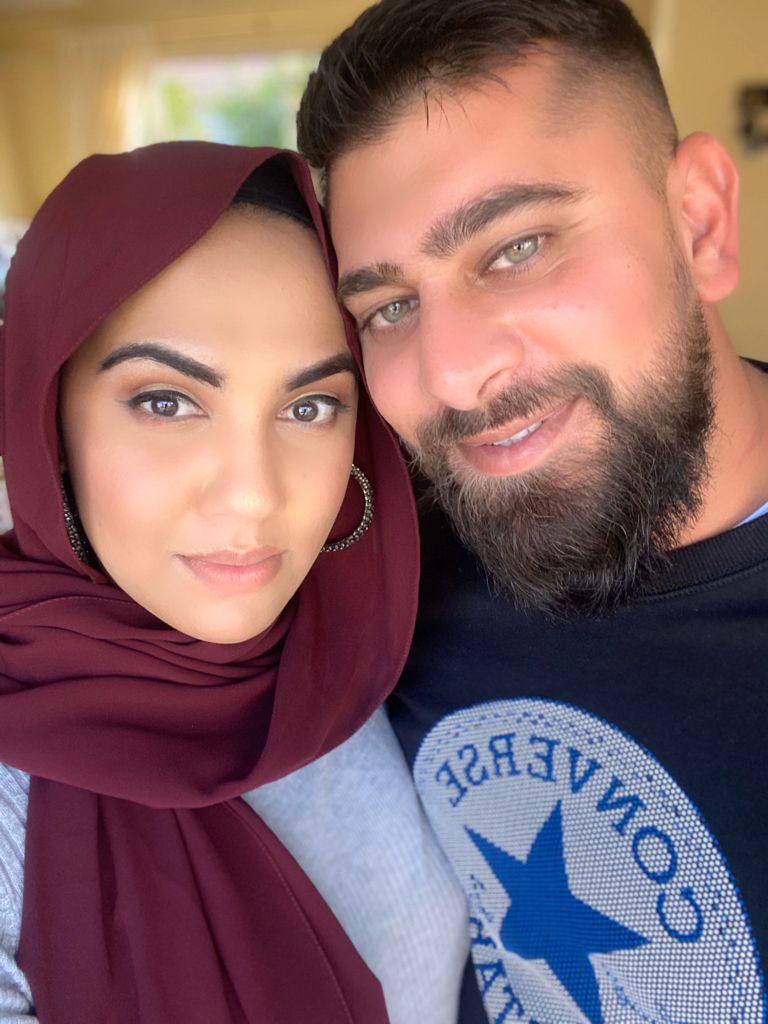Eid-ul-Fitr is a Muslim holiday that marks the end of the fasting month of Ramadan. It’s a day marked by a special morning prayer and meals with loved ones. However, the coronavirus pandemic has affected the way the day is celebrated. The Daily Vox team spoke to some Muslims from South Africa about how their celebrations have changed.
Read more: Eid in South Africa: Here’s What You Need To Know
Nabeelah Arend, Cape Town
This has been a very significant Ramadan for me. It’s going to be my last Ramadan at home, and it’s going to be my last Eid at home. I’m getting engaged on Eid and plan to get married next year in January or February. The date is not yet set but that’s the projected time. Eid is generally the time to see family members we don’t see throughout the year, but unfortunately due to COVID-19 we’ve been unable to. Last year it was a bit of an adjustment. For safety reasons it was just immediate family – the family that I see everyday. This year, things are a bit laid back with the regulations but with numbers still spiking, we’re going to keep it at a minimum. Maybe we’ll visit one or two family members that we didn’t visit last year but it’s still not the same.
So that’s an adjustment. Then the new adjustment will be next year when I’m married, and how things are going to work. We have a tradition that every Eid., I have lunch at my granny’s. For breakfast, everyone usually comes to my mum’s place. That’s our tradition.
I get up early before everyone is awake to lay the table. My mum goes to my granny’s to get all the goodies (biscuits, samosas, etc. because we make our own). Every Eid morning, I have the responsibility to lay the table. My dad and my brother go to the mosque around 7 o’clock in the morning. When they come home the first thing we do is greet them, Eid Mubarak, and then we have breakfast. After breakfast we walk down the road and greet our neighbours. Then we go to my granny’s for lunch and visit family.
Next year will be another adjustment as I have to think about his family and what they are accustomed to on Eid. We’ll have to blend traditions and find a middle ground.
Read more: The Black Muslim Community Celebrates Eid In Durban
Faheemah*, student, Johannesburg
For me, Eid is a day of gathering ourselves and our families and celebrating the efforts we put in becoming closer to Allah. Those efforts include embracing the spirit of Ramadan by fasting, giving charity, engaging in ibadat and spiritually fulfilling activities.
Our Eid traditions start at least two weeks before Eid or at least the time where we start to think “Eid is close and we need to prepare”. A big part of any celebration is definitely the enjoyable and delectable foods and sweets. My family isn’t shy when it comes to how much sweets we make for Eid. We leave the traditional sweetmeats to the experts (my mom or granny of course) and the rest of us form a production line of biscuit making. Then there’s also the special meal planning. With my family, it’s a personal tradition to have Biryani for lunch. It is the ultimate celebration food for us. Once Eid day comes there’s always a sense of pride that comes with the idea of “I made something good for us to indulge in and reward ourselves on this day of celebration”.
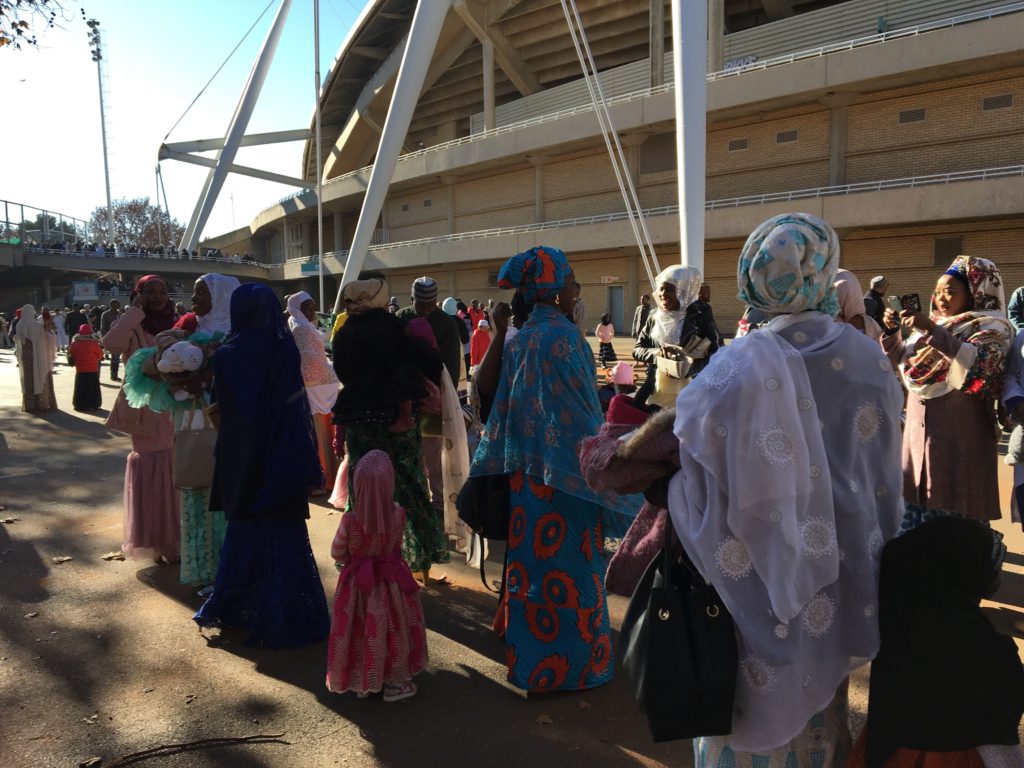
The pandemic hasn’t stopped us from celebrating Eid but now we have to do things a little differently. There is a sense of loss when you realise you might not be able to celebrate Eid with the family you want. Despite this, the pandemic has made Eid more meaningful especially in terms of us reflecting on what we are truly grateful for in our lives. Our family gatherings are smaller in number and the time we spend together seems to be shorter. But we have found ways around these things, taking into account that seeing someone who isn’t there is as simple as making a video call.
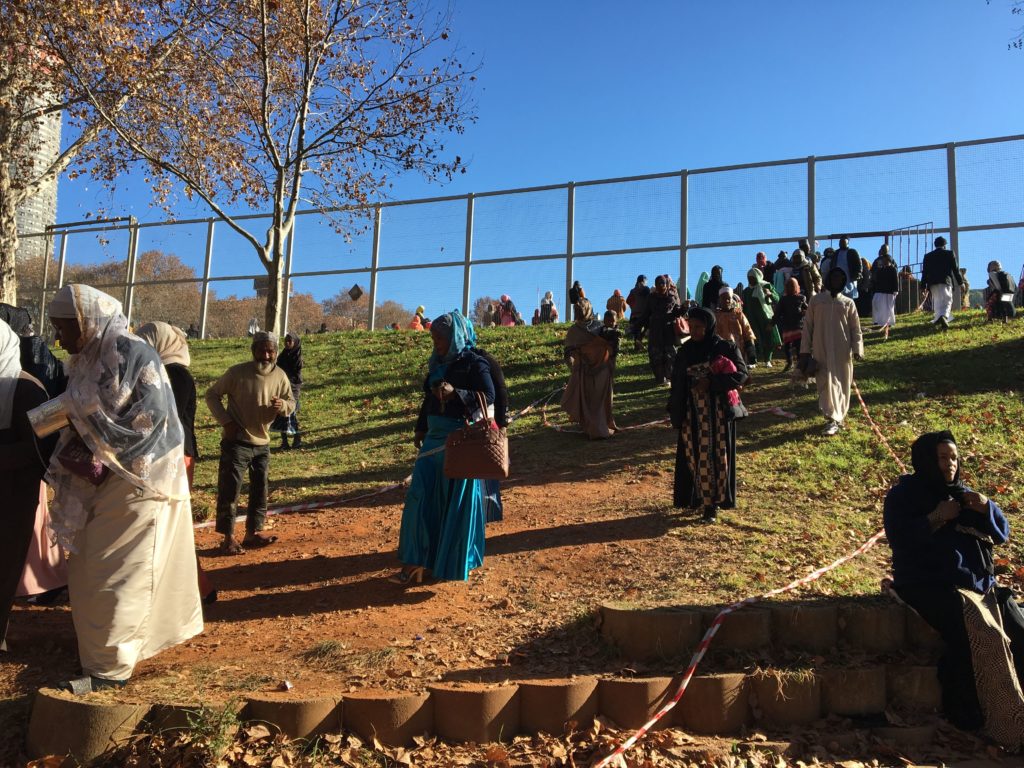
In the second year of lockdown, the spirit of Ramadan is a lot stronger than it was in the first year. Ramadan felt different when the mosques were closed and the men in my family were reading taraweeh at home. Ramadan feels more normal now that we are under less pandemic related restrictions. Although I really enjoyed the days where we all broke our fast together. Now we have to pack a lunch box full of kajoor and savouries so my brothers and father can break their fast at the mosque.
Read more: The Daily Vox Explains Eid In South Africa
Aamirah, Johannesburg
For me, Eid means family. Those are the two days of the year where you see all the family that you haven’t seen for months. Everyone wears their best clothes and just spends time together and that’s what makes it so special. We don’t have many traditions besides eid gifts. For breakfast, we have to have masala chicken and puri. Family is very important to me on Eid day and the pandemic has jeopardised that. It has made Eid lonely and it has gone from something to look forward to, to something that upsets me. In terms of lockdown, this year hasn’t felt like anything different because I’m at work every day. So I’m still going out. It just means that Ramadan is a bit more tiring. I don’t get to spend enough time fulfilling my Ramadan requirements which is a bit disappointing.
Read more: Eid: How South African Muslims Celebrate
Yasira Saley (Mrs Optimus Primary), Johannesburg
For me, Eid is sharing. It’s about sharing food, love, memories, and all the warmth the family has to offer on this special day. For some of us, it’s about meeting cousins and relatives after so long and catching up. When my mother was alive our Eid tradition was a big breakfast with her famous crumbed chops. She only made it twice a year on both the Eids. Looking forward to mum’s cooking is something I really miss.
The pandemic hit home hard. We lost so many family members and friends. Not being able to spend Eid with our grieving relatives was something so difficult. Our meals and clothing were much simpler than usual.
This year Ramadan was so much better than the last. Being able to be back at school and to see our young students so eager and excited to fast is so motivating. Being able to be around people during fasting feels so heartwarming. Ramadan is one of those months where people become closer. Last year, I felt so lonely and bored. We couldn’t go out and break fast with our families. We had to stay home every single day. This year it’s been amazing to have iftar with our families every weekend so I am very thankful.
Mahmoud Aburas, Grand Parade in Cape Town
Mahmoud has been living between Jordan and South Africa for twenty years. He has dual-citizenship.Mahmoud is a Palestinian by birth and he and his family moved to Jordan in his teenage years. They then immigrated to South Africa twenty years ago. He says to him Ramadan is always about giving back to those less fortunate.
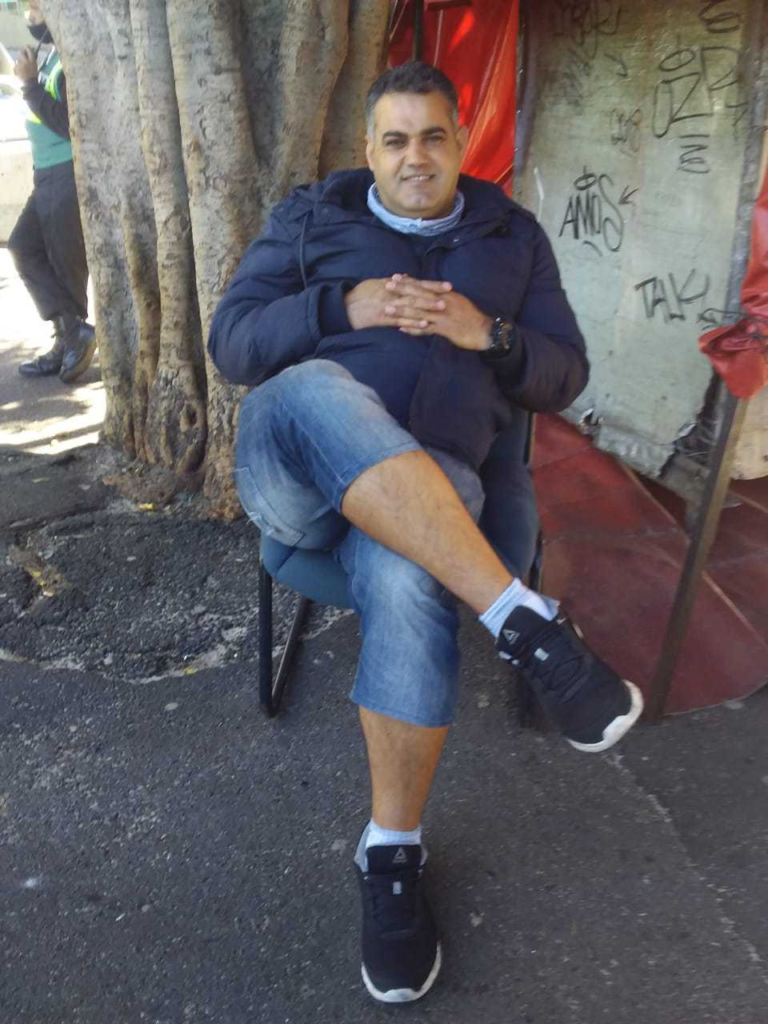
Ramadan is more than fasting from sunrise to sunset, and praying five times a day. Every year I make it a point to make sadaqah (charity) every day. This is a time for peace, salaah (prayer), and eating together. It is also about your neighbours, Muslim and non-Muslims. We must look around us and see who needs to eat and needs clothes. This is my Ramadan. I look at anyone around me who needs to eat, and that is Ramadan to me. I’m happy when we celebrate fasting this way.
I work in a very busy place in Cape Town. People sleep outside with no blankets and no food. I work here and I witness it. We must help as many people as we can. Inshallah I hope I helped people.After Ramadan I try to do this once a month. Sadaqah can be done anytime too and by anyone. My Ramadan is about giving more than I receive. I celebrate Eid with my family. On the day itself I get to think about the sacrifice we made, but also how we helped those around us. With or without coronavirus nothing has changed.
Voxes have been compiled by Kelly Mutizira, Ling Shepherd and Fatima Moosa.
Voxes have been edited for clarity and brevity.
*Names have been changed at the request of the person.

